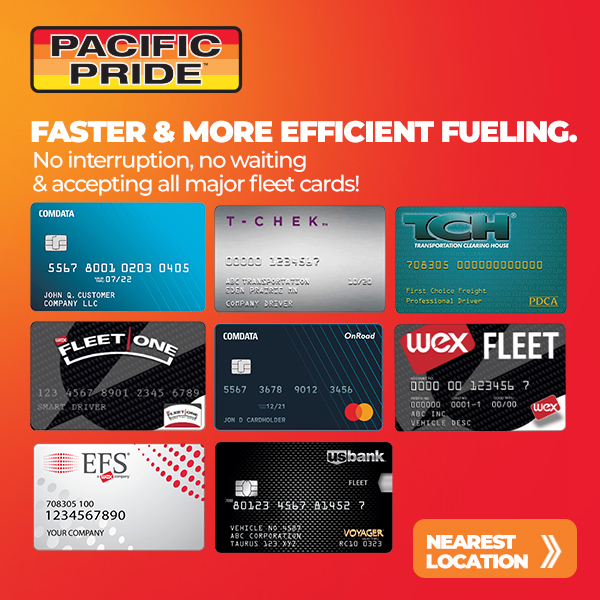
FMW Editorial Team
Does last week’s announcement regarding ALD’s acquisition of Fleetpool, the German car subscription company, rejuvenate the vehicle subscription business model and the mobility market opportunity in the North America?
ALD projects that the new partnership will allow it to soon offer digital car subscription services to its customers across Europe – including business and private customers. The company sees this service as a major trend in the mobility sector, forecasting that subscriptions will account for up to 20 percent of vehicle sales within this decade.
 Fleetpool CEO Gert Schaub said, “The union with ALD is the perfect match. We are both pursuing similar long-term strategies, have a 360-degree approach and are fully committed to partnerships with carmakers. Backed by the strengths of ALD, we want to develop Fleetpool from the pioneering German market leader into the European market leader in fully digital all-inclusive car subscriptions.”
Fleetpool CEO Gert Schaub said, “The union with ALD is the perfect match. We are both pursuing similar long-term strategies, have a 360-degree approach and are fully committed to partnerships with carmakers. Backed by the strengths of ALD, we want to develop Fleetpool from the pioneering German market leader into the European market leader in fully digital all-inclusive car subscriptions.”
Working with Fleetpool software, ALD will be able to offer carmakers digital turnkey solutions that will allow them to expand their sales channels and services.
 “Fleetpool’s proven track-record will allow us to benefit from leading-edge technology and solid mobility expertise to accelerate our ambitions around car subscription services for our clients and partners in Europe,” said Tim Albertsen, CEO of ALD.
“Fleetpool’s proven track-record will allow us to benefit from leading-edge technology and solid mobility expertise to accelerate our ambitions around car subscription services for our clients and partners in Europe,” said Tim Albertsen, CEO of ALD.
BCG Weighs In on Subscriptions
In a Boston Consulting Group report published in July of this year, Daniel Schellong, Philipp Sadek, Nikolaus Lang, and Miles Mattson pointed out that automakers have been looking at pay-per-use models—car sharing, ride hailing, and other mobility modes— for some time as alternatives to ownership. For many OEMs, the results have been lackluster, yet some startups, particularly in Europe, have fared well. That fact explains the positive tone of the ALD-Fleetpool announcement.
Vehicle subscription offerings from OEMs have been around for several years. But the market only recently has begun to gain traction with consumers and investors. Subscriptions share some characteristics with rentals and leasing with the consumer paying a monthly fee for the vehicle, with most or all costs (except fuel) included e.g., maintenance, repairs, roadside assistance, registration fees, insurance, and taxes. The commitment period varies from one to several months or in yearly increments from one to two years or more. Typically, the longer the commitment, the lower the monthly fee.
Why Now?
The BCG team notes that “changing customer preferences, among them the waning interest in owning physical products, have been accelerating the shift to subscription-based offerings beyond software and digital services. In addition, the COVID-19 pandemic drove many urban residents and commuters away from public transit and shared mobility modes to seek the safety of private vehicles.”
The report authors note that subscriptions make it easier to try out new brands and battery electric vehicles (BEVs). For BEVs in particular, subscribing eliminates a current drawback to ownership: the decline in resale value owing to reduced battery life. The closer a car is to the end of its battery warranty, the lower its resale value, as new batteries cost anywhere from $5,000 to $16,000. Given the rapid pace of improvement in battery technology, however, the cost of batteries will go down.
The Fleet Advantage
Given that the “new normal” of the fleet industry can be explained as “new ways of doing things due to drastically altered circumstances,” subscriptions enable business customers, particularly small and medium-size enterprises, to quickly adjust their fleet size based on demand, and nimbly react to changing business conditions, notes BCG.
At a time when business’ mobility needs and attitudes are changing so rapidly, vehicle subscriptions offer a way of getting closer to the end customer and allow greater control over the customer experience. That’s why, Boston Consulting Group notes, OEMs, dealerships, leasing companies, and technology start-ups are positioning themselves to offer some or all segments of the subscription value chain.
Taking Off
The subscription business won’t take off until subscriptions are seen as a viable alternative to buying or leasing. By offering value (an attractive price) and convenient, seamless, worry-free service, providers can incentivize customers to choose longer subscription periods.
In the view of the BCG authors, subscriptions will not be a winner-take-all market. Apart from the low barriers to entry, there is no one single product. There is plenty of room for multiple providers to cater to different segments—premium or mass market, private or commercial—and serve different locations with different brands, engine types, vehicle sizes, and contract features.




